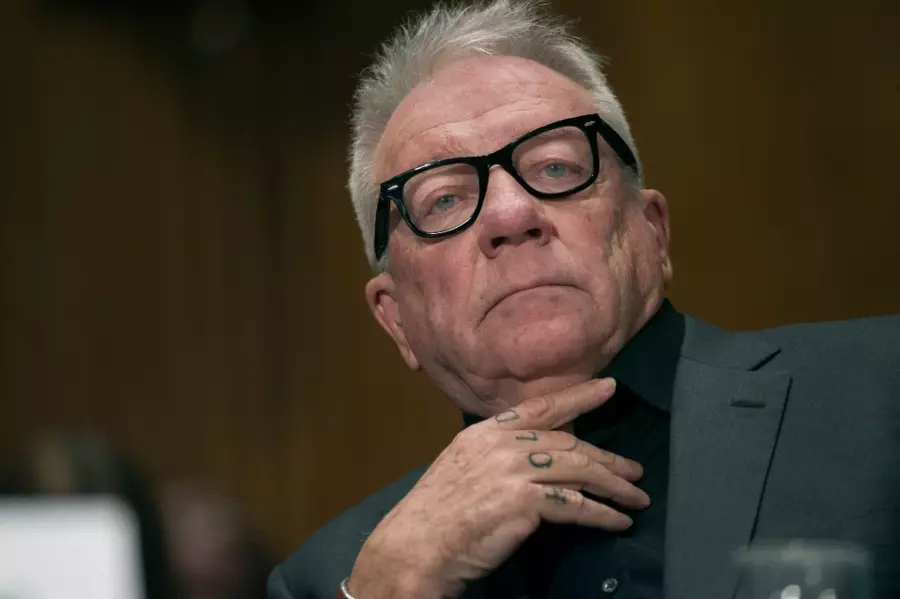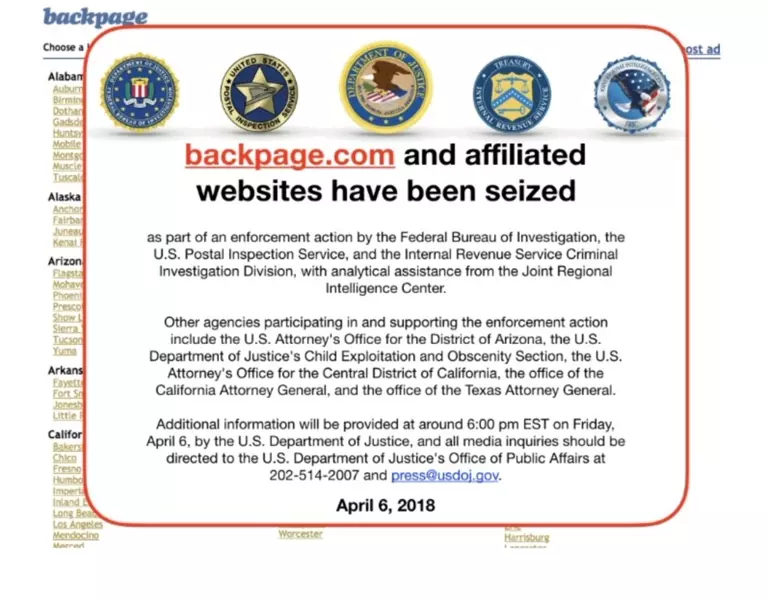Michael Lacey, a founder of the classified site Backpage.com, has been sentenced to five years in prison and fined $3 million for a single count of money laundering related to a sprawling case involving allegations of a yearslong scheme to promote and profit from prostitution through classified ads. Lacey, 76, was convicted last year on a single count of international concealment money laundering while the jury deadlocked on 84 other prostitution facilitation and money laundering charges. US District Judge Diane Humetewa later acquitted Lacey of dozens of charges for insufficient evidence, but he still faces about 30 prostitution facilitation and money laundering charges.

Authorities say the site generated $500 million in prostitution-related revenue from its inception in 2004 until it was shut down by the government in 2018. Lacey’s lawyers argue that their client was focused on running an alternative newspaper chain and wasn’t involved in day-to-day operations of Backpage, but during Wednesday’s sentencing, Judge Humetewa told Lacey that he was aware of the allegations against Backpage and did nothing.
Two other Backpage executives, chief financial officer John Brunst and executive vice president Scott Spear, were convicted last year and each received a sentence of 10 years in prison on Wednesday. Prosecutors said the three defendants were motivated by greed, promoted prostitution while masquerading as a legitimate classified business and misled anti-trafficking organizations and law enforcement officials about the true nature of Backpage’s business model.
Prosecutors said Lacey used cryptocurrency and wired money to foreign bank accounts to launder revenues earned from the site’s ad sales after banks raised concerns that they were being used for illegal purposes. Authorities say Backpage employees would identify prostitutes through Google searches, then call and offer them a free ad. The site also is accused of having a business arrangement in which it would place ads on another site that lets customers post reviews of their experiences with prostitutes.
The site’s marketing director has already pleaded guilty to conspiring to facilitate prostitution and acknowledged that he participated in a scheme to give free ads to prostitutes to win over their business. Additionally, the CEO of the company when the government shut the site down, Carl Ferrer, pleaded guilty to a separate federal conspiracy case in Arizona and to state money laundering charges in California.
Two other Backpage employees were acquitted of charges by a jury at the same 2023 trial where Lacey, Brunst, and Spear were convicted of some counts. At trial, the Backpage defendants were barred from bringing up a 2013 memo by federal prosecutors who examined the site and said at the time that they hadn’t uncovered evidence of a pattern of recklessness toward minors or admissions from key participants that the site was being used for prostitution. In the memo, prosecutors said witnesses testified that Backpage made substantial efforts to prevent criminal conduct on its site and coordinated such efforts with law enforcement agencies. The document was written five years before Lacey, Larkin, and the other former Backpage operators were charged in the Arizona case.






